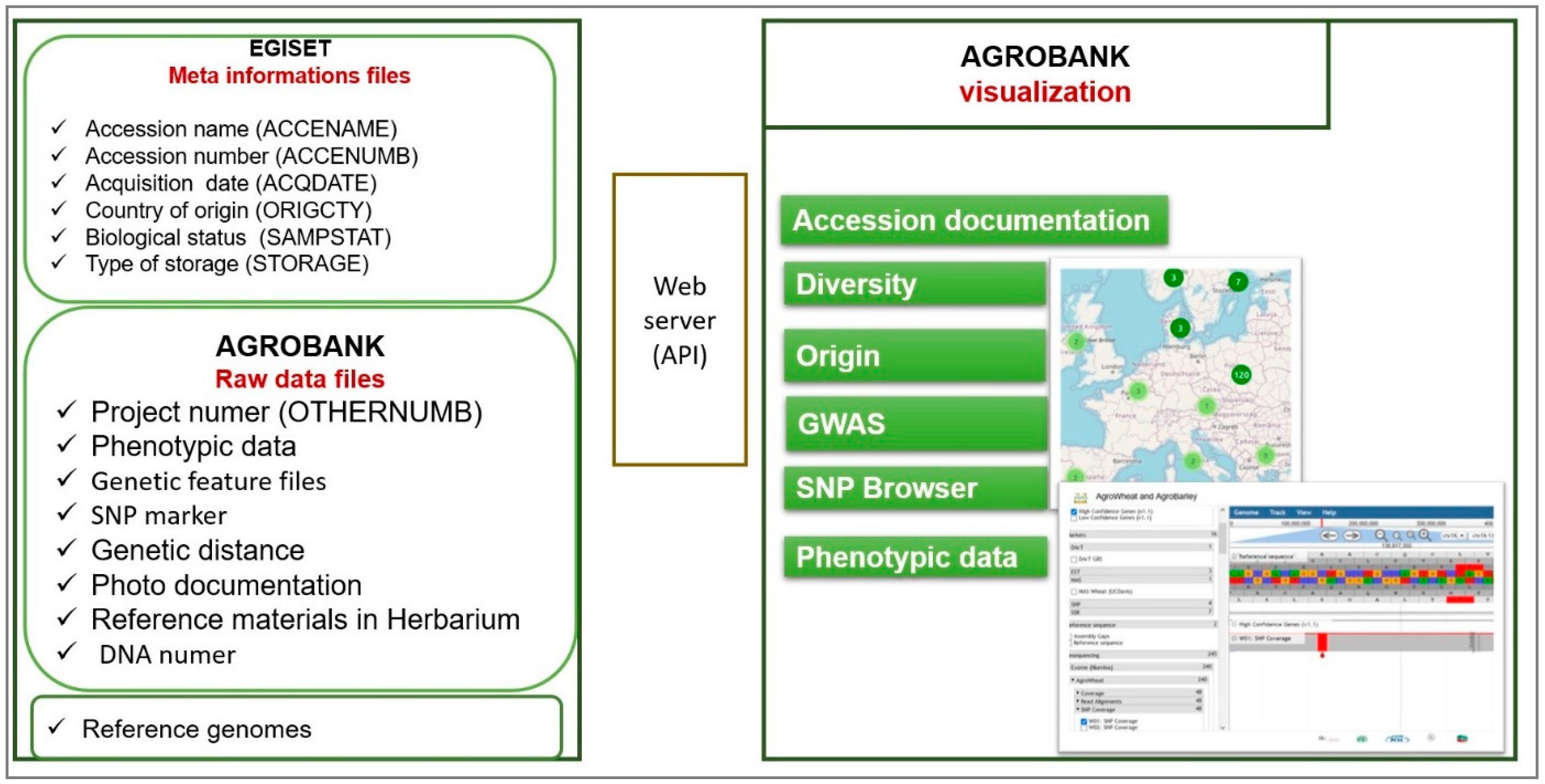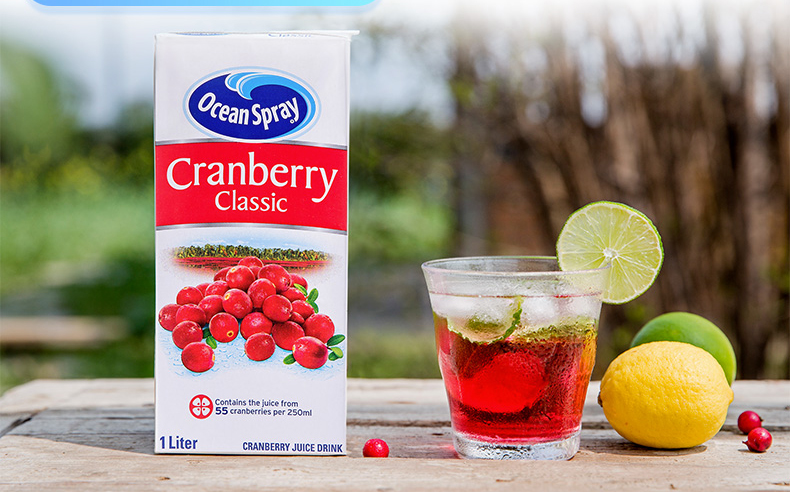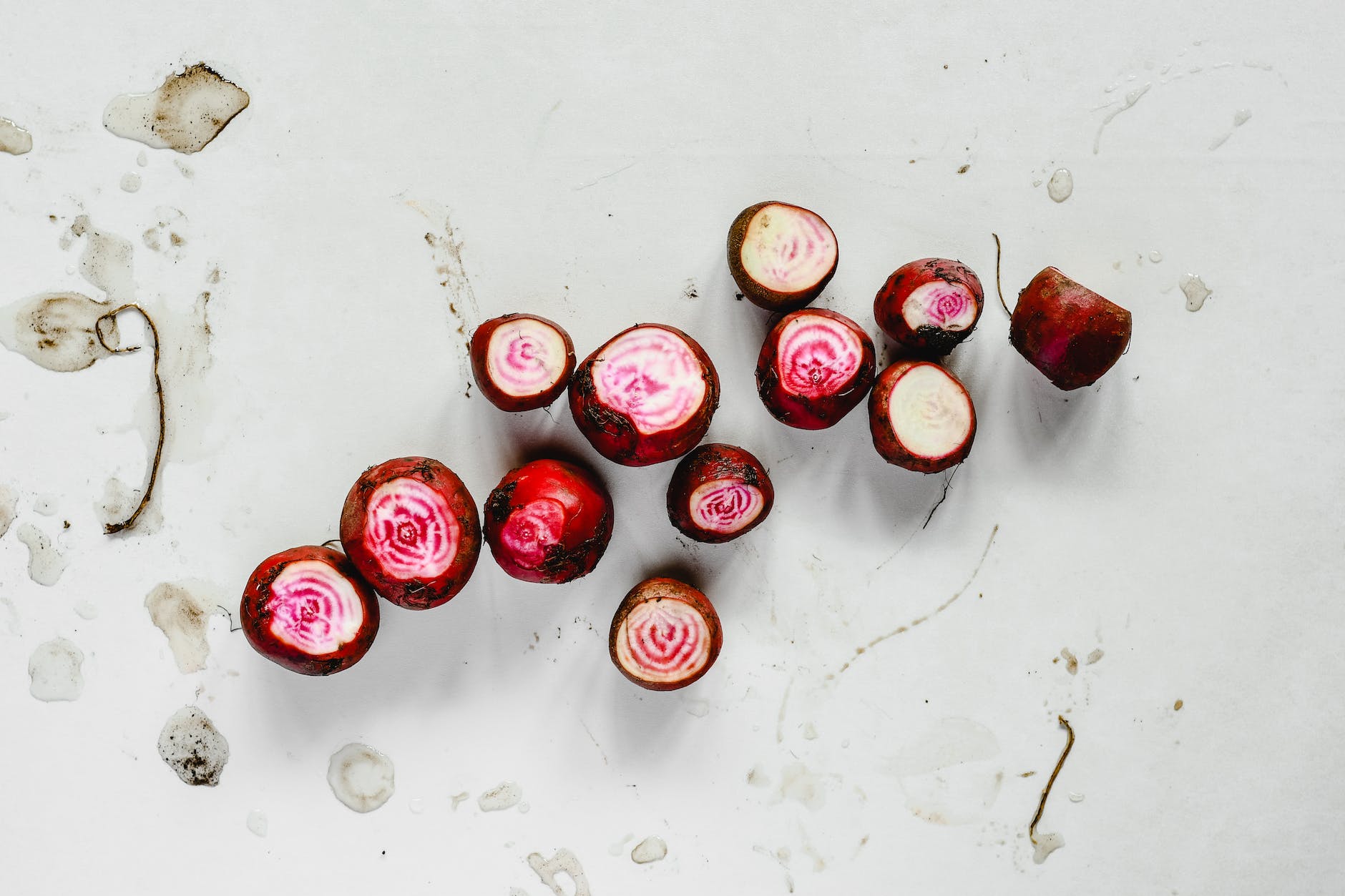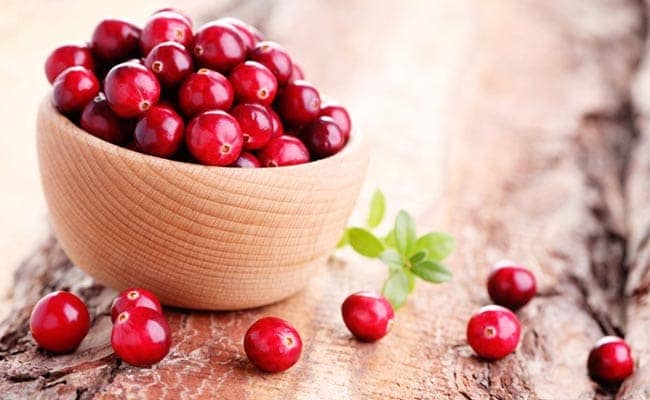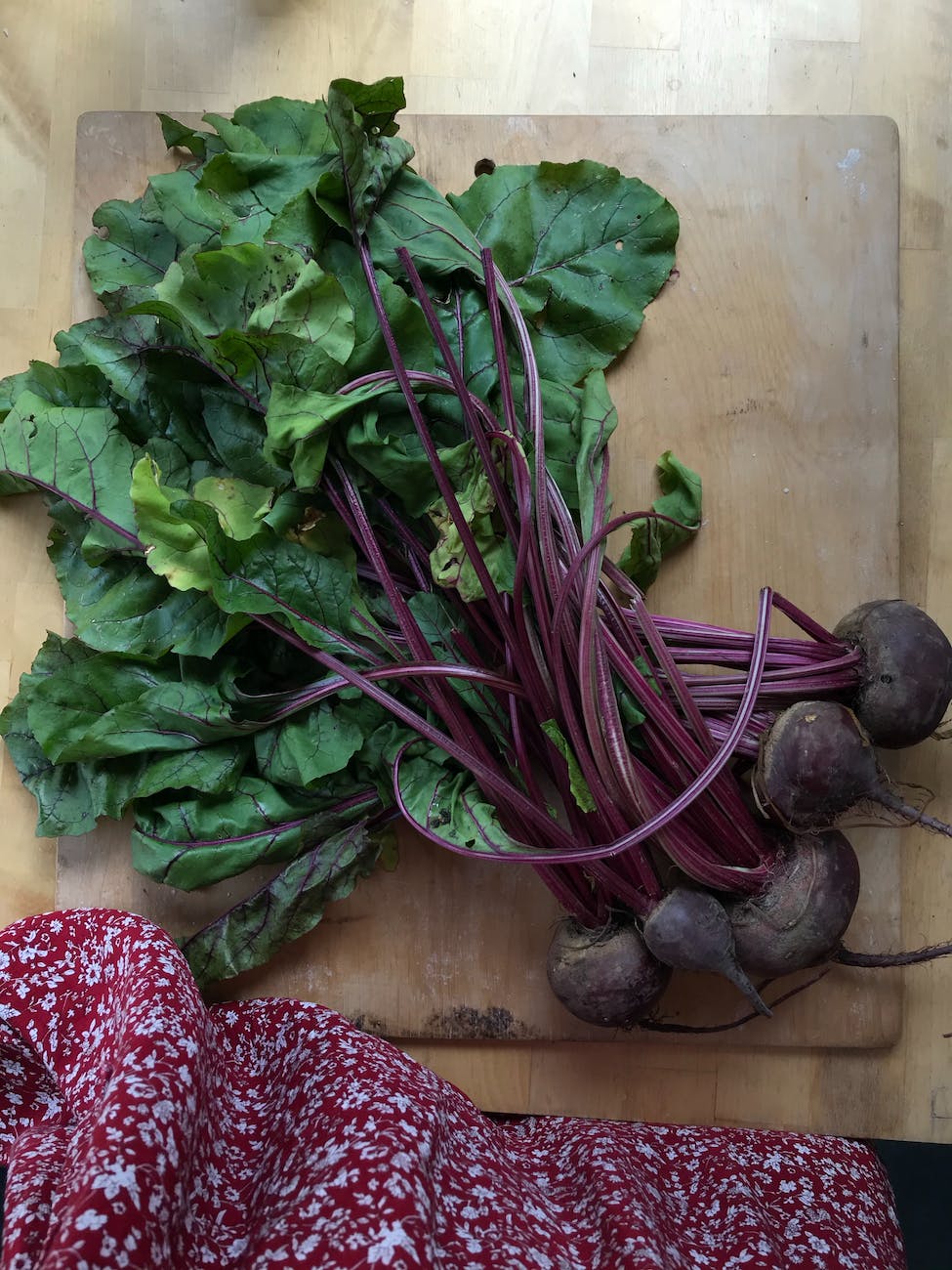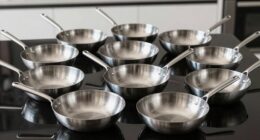Welcome! It’s great that you have chosen to invest your time and effort into detoxifying your body. Participating in a cleanse can bring many health benefits, such as increased mental clarity and higher energy levels.
But after we finish a cleanse, it is important to know what foods are beneficial for our bodies so that we don’t undo all of the good work we’ve done. Here I’m going to provide you with some do’s and don’ts when it comes to eating after a cleanse.
As a nutritionist, my goal is always to help people make informed decisions about their health and well-being. Eating the right kinds of food can be essential to maintaining balance in our lives—especially after a cleanse. With this information, I hope you will be able to develop healthy habits that enable you to feel nourished and energized daily.

It’s easy for us to forget how powerful proper nutrition can be until we experience its benefits firsthand. If used correctly, eating properly post-cleanse can be an incredibly empowering experience, providing us with knowledge around how certain foods affect us positively or negatively, depending on our individual needs. Let me show you how!
Cleanses are like a deep breath of fresh air for your body. Short-term dietary programs are designed to eliminate toxins, restore balance, and promote health. But what exactly is a cleanse?
A cleanse is any diet or lifestyle protocol intended to remove harmful substances from the body and improve overall well-being. It’s important to note that there isn’t one definition – cleanses come in many shapes and sizes, with various protocols lasting anywhere from 1-14 days.
Most involve eating whole foods while limiting processed items, caffeine, alcohol, sugar, dairy products, gluten, and unhealthy fats. Additionally, they often include taking supplements such as probiotics or fiber powders.
No matter which type you choose – be it juice cleansing or intermittent fasting – all cleanses have one common goal: helping people reach their optimal health level by promoting cellular healing.
Achieving this goal requires commitment and consistency — two things worth striving for if you want long-lasting results. With that said, let’s take a closer look at why someone might incorporate a cleanse into their life and how best to prepare for it.
Goals Of A Cleanse
Now that we have discussed what a cleanse is, it’s important to consider the goals and objectives of a successful cleanse. Cleansing can be an effective way to help optimize your health by reducing toxic load, improving digestion, and restoring balance in the body.
The aims of any given cleanse may include eliminating certain foods from your diet, such as processed sugars or refined carbohydrates; avoiding caffeine and alcohol; eating mostly raw fruits and vegetables; drinking plenty of water; exercising regularly; getting adequate sleep; practicing mindfulness; and taking supplements as needed.
The outcomes you hope to achieve from cleansing will vary depending on individual needs and preferences.
Some potential targets are increased energy levels, weight loss, improved mental clarity, better digestion, enhanced immunity, reduced inflammation, detoxification of organs like the liver or colon, balanced hormones, stronger hair/skin/nails, improved concentration/memory/moods, elimination of cravings for unhealthy foods. Whichever outcome(s) you’re after should be kept top-of-mind while preparing for and during your cleanse.
In order to gain maximum benefit from a cleanse – regardless of which type you choose –it’s essential to make sure that your post-cleanse nutrition plan supports these desired outcomes. With this in mind let’s explore some do’s and don’ts when it comes to eating after a cleanse.
Benefits Of Eating After A Cleanse
It’s like a breath of fresh air after the hard work of detoxification: eating again following a cleanse. Eating real food helps to restore balance in your body and can have profound long-term benefits, such as increased energy levels, improved digestion, strengthened immunity, and balanced hormones.
The first step is to plan ahead for your meals by stocking up on nutrient dense foods that will provide essential vitamins and minerals. Focus on plant-based foods and lean proteins that are free from added sugar or preservatives. Choose whole grain options over refined grains whenever possible. Nuts, seeds, legumes, fruits, vegetables – these should all be included in an abundance within your diet!
In addition to focusing on what you’re putting into your body during this time post-cleanse it’s also important to consider how you’re feeling while you eat.
Be mindful of hunger cues and take the time to chew slowly and savor each bite with gratitude! This practice allows the digestive process to begin properly before the food reaches the stomach and enables optimal absorption of nutrients afterwards.
So enjoy eating again after completing a cleanse! Your body will thank you for nourishing it with wholesome ingredients that promote overall health and wellness.
Foods To Include In Your Diet After A Cleanse
It is essential to nourish your body with nutrient-dense foods after a cleanse. Whole grains, leafy greens, lean proteins, healthy fats and fermented foods are all nutritious options that will help you maintain balance and proper nutrition while also providing fuel for energy.
Whole grains like oats, quinoa, barley and farro contain fiber which helps keep your digestion system running smoothly. It’s important to include these types of carbs in regular meals as part of a balanced diet. Leafy greens such as spinach, kale, chard and arugula provide key vitamins and minerals plus antioxidants that can help fight inflammation. Eating vegetables regularly is an easy way to get the most bang for your nutritional buck!
Lean proteins from sources like fish, chicken, turkey or beans are great post-cleanse additions for keeping hunger at bay. Healthy fats derived from nuts, seeds or olives ensure satiety along with additional vitamins and minerals necessary for overall health.
Don’t forget about probiotics either! Fermented foods such as yogurt or sauerkraut offer beneficial bacteria that promote gut health. Incorporating these whole food items into your daily routine will make sure you stay on track with your health goals long after the cleanse has ended.
Now we need to talk about what not to eat…
Avoidance Of Certain Foods Post-Cleanse
It’s important to remember the importance of avoidance of certain foods post-cleanse. After a cleanse, you may be tempted to reach for unhealthy items such as processed and sugary snacks. But it is essential that you continue avoiding these types of food in order to maintain your health goals and feel your best.
In addition to continuing with an avoidance diet post-cleanse, it is also beneficial to focus on integrating whole foods back into your diet gradually. This should include nutrient-dense options that are rich in vitamins and minerals such as fruits, vegetables, lean proteins, low-fat dairy products, nuts, seeds, and legumes. These will provide sustained energy while helping support overall health and wellbeing.
Finally, make sure to drink plenty of water throughout the day which helps aid digestion and hydration levels after a cleanse period.
Aim for eight glasses per day or more if desired – this can help flush out toxins from the body while providing additional nutrients through fresh fruit juices or herbal teas. With all these tips in mind, transitioning back into eating whole foods can be done safely and effectively!
Integration Of Whole Foods Into Your Diet
Once you have completed a cleanse, it is important to integrate whole foods into your diet. Whole-foods are filled with essential vitamins and minerals that provide the body with energy and nourishment.
When reintroducing food into your post-cleanse eating habits, focus on incorporating wholesome, nutrient dense ingredients packed full of nutritional value. Start by adding in fresh fruits and vegetables, lean proteins such as fish or poultry, healthy fats like olive oil or nuts, and complex carbohydrates like quinoa or oats. This will help you get all the nutrients you need without relying heavily on processed foods.
To make sure this transition is successful, start slowly integrating these new healthy options into your meals over time. Allow yourself some room for error; if something doesn’t fit within your dietary needs don’t feel guilty about it! It may take a few weeks before you find the right balance between what works best for you nutritionally and satisfies cravings at the same time.
Consider talking to a registered dietitian who can create an individualized plan based off of your current lifestyle while helping reach any specific health goals you might have set for yourself.
After gradually introducing more whole-foods into your diet, begin reintroducing processed foods back in – but only very slowly! Be mindful of serving sizes and try not to let them become staples in your diet again immediately after completing a cleanse.
Focusing on including more natural sources of nutrition first allows for easier maintenance long term which can help keep weight off for good.
Reintroduction Of Processed Foods Slowly
After completing a cleanse, your body may be craving processed foods as it adjusts to normal eating habits. It is important to reintroduce these items slowly and mindfully into your diet so that you don’t shock your system with too many unhealthy options at once. Here are some tips for gradually adding processed foods back into your post-cleanse diet:
- Start by introducing one or two new items each week. For example, if you want to add chips back into your routine, consider introducing them only on the weekend in small portions instead of having them every day during the week.
- Look for healthier versions of food you enjoy, such as organic chips or plant-based cheese slices. This way, you can still indulge without consuming excess amounts of unhealthy ingredients like sodium and saturated fats.
- Be mindful about portion sizes when reintroducing processed foods into your diet; opt for smaller servings than what you would normally eat before cleansing. This will help reduce the amount of calories consumed and keep cravings at bay while allowing yourself to savor the taste without overindulging in an unhealthy snack later on.
Remember that balance is key when transitioning from a cleanse to regular eating habits; listen to your body and adjust accordingly depending on how it feels after eating certain types of food. With that being said, hydration should also be considered when planning meals throughout the day in order to maintain optimal health and wellness long term!
Hydration Considerations
Hydration is an important consideration when eating after a cleanse. It is essential to replenish fluids that were lost during the process, as well as maintain regular hydration requirements. Post-cleanse hydration should focus on more than just water consumption.
Ensuring adequate electrolyte levels in the body can help restore balance and energy levels faster post-cleanse. This means incorporating minerals such as sodium, potassium, and magnesium into your diet through foods or supplements – whichever works best for you!
It’s also recommended to incorporate some sort of hydrating beverage like fruit juice or coconut water along with plenty of plain old H2O throughout the day. As always though, moderation is key; too much sugar can have negative impacts on your health and undo any positive effects from cleansing.
Finally, it’s important to pay attention to your thirst level and drink accordingly – if you’re feeling thirsty then it might be time for another glass of water! With these tips in mind, you’ll be ready to start transitioning back into a normal eating routine while still ensuring proper hydration needs are met. Moving on to the benefits of regular exercise…
Benefits Of Regular Exercise
Exercising regularly has an immense range of physical, mental, and emotional benefits. It’s not just about looking good – regular exercise can help you feel better too! From improved diet to greater mental health, exercising offers a variety of advantages that will make it easier for you to stick with your cleanse after the fact.
For starters, engaging in physical activity like running or weightlifting helps improve energy levels as well as cardiovascular fitness. This means that doing more exercise allows you to have more control over what foods you choose and how much of them you consume during post-cleanse meals.
This makes maintaining healthy eating habits easier so you don’t revert back to unhealthy food choices when the cleanse is done. Additionally, regular exercise also increases metabolism which further assists in keeping bodyweight under control.
Finally, regular exercise provides important psychological advantages such as enhanced mood states and increased self-esteem. In addition to affecting one’s overall outlook on life, these changes may lead to an improvement in diet quality due to a heightened desire for healthier options rather than processed junk food items.
Exercise can be used as a preventative care measure against stressors by providing necessary endorphins when needed most.
By incorporating regular exercise into your daily routine after completing a cleanse program, you’ll reap all sorts of awesome benefits while feeling confident knowing that you’re taking steps towards living a healthier lifestyle. Jumping straight into supportive supplements without any prior preparation could actually do more harm than good – so get active today!
Supportive Supplements
When eating after a cleanse, supportive supplements can be beneficial in helping to restore balance and promote overall health. Digestive enzymes aid digestion of proteins, fats, and carbohydrates which can help reduce digestive discomfort.
A multivitamin supplement is also recommended for replenishing minerals and vitamins that may have been lost during the cleansing period. Probiotic supplements are great for restoring intestinal flora balance, while amino acid supplements provide an array of benefits, such as muscle repair and cell growth. Lastly, herbal supplements can give your body extra support when healing from a cleanse by providing anti-inflammatory properties among many other effects.
It’s important to note that even though these supplements may come with potential benefits, they should always be taken under advice from a certified healthcare practitioner or registered dietitian/nutritionist due to possible interactions with medications or other underlying conditions one might have.
Taking too much of any type of supplement can throw off your delicate digestive system balance so it’s best to avoid taking large amounts without consulting first. It is recommended you start slowly with the lowest dose available before gradually increasing the amount if needed.
By following these guidelines, you’ll be able to find the right combination of supplements that will work best for you as well as create a healthy lifestyle post-cleanse.
Frequently Asked Questions
How Long Should I Wait After A Cleanse Before Reintroducing Processed Foods?
Now that you’ve taken the plunge and completed a cleanse, it can be tempting to go back to your old ways. But before diving into processed foods again, it’s important to consider how long is necessary between finishing a cleanse and reintroducing them. Like they say, “Rome wasn’t built in a day!”
When it comes to post-cleanse eating habits, waiting time is key for allowing your body to reset during the process of detoxing from any toxins or impurities ingested prior to the cleanse. After all, cleansing isn’t just about getting rid of bad things; it also helps build up healthy gut bacteria with probiotics and other beneficial substances that are essential for keeping our immune systems strong and running optimally.
So when considering how soon after completing a cleanse you should begin reintroducing processed foods, start by giving yourself at least two weeks. This will give your system enough time to adjust and allow those healthier bacteria levels to rebuild effectively so that your digestive system remains balanced afterwards.
In terms of what types of food items should be included when reintroducing processed foods into your diet after a cleanse, focus on whole grain breads and cereals as well as lean proteins like fish or poultry instead of red meat products which tend to contain higher amounts of saturated fat.
Additionally, try incorporating more fruits and vegetables into meals while avoiding sugary snacks or drinks such as soda which can cause spikes in blood sugar levels – something we want to avoid if possible! Remember: balance is the name of the game here when it comes to finding success with cleanse reintroducing processes.
No matter what approach you decide on when returning back home from vacation – erm… I mean coming off a cleanse – taking steps towards creating more sustainable dietary changes based around moderation is always worth exploring first over instant gratification because good health takes patience and effort but pays off big time in the end!
How Many Days Should I Do A Cleanse For?
When it comes to deciding how many days you should do a cleanse for, there is no one-size-fits-all answer. It’s important to consider your individual needs and goals when determining the length of time that’s right for you.
The duration of a cleanse will depend on factors such as your age, medical history, lifestyle habits, and overall health status. Generally speaking, most people find that shorter cleanses are more effective in terms of resetting their digestive system and providing lasting benefits. Depending on what type of cleanse you choose to do, a typical length can range from three days up to two weeks or longer.
It’s always best to speak with your doctor or registered dietitian before embarking on any kind of dietary regimen like a cleanse. Together you can create an appropriate plan tailored specifically for you that takes into account all the necessary parameters such as nutritional needs, activity level, and desired outcome.
With this information at hand you can decide on an optimal timeframe and determine the ideal length of time for your cleanse – ensuring maximum benefit within a safe time frame.
What Is The Best Way To Determine If I Need To Do A Cleanse?
Making the decision to do a cleanse can be daunting, but it doesn’t have to be. Learning how to determine if you need a cleanse is key in helping you make an informed decision that serves your individual needs. Here are some tips on what signs may indicate that it’s time for a cleanse:
To start off, ask yourself if there are any indications or symptoms that could benefit from detoxification. For example, with chronic fatigue, digestive issues like constipation or bloating, or skin conditions such as acne and eczema, a cleanse could help reduce these symptoms.
Also considering whether you experience frequent sugar cravings, headaches after eating certain foods, or difficulty sleeping – all of which can be indicators of needing to reset your diet – would also be useful in making this determination.
In order to accurately assess whether you need a cleanse, take into account other factors too; such as your lifestyle habits such as exercise frequency and sleep duration/quality, existing medical conditions and medications taken regularly etc. These aspects can influence one’s overall health status and thus should not be overlooked when determining whether doing a cleanse is right for you:
- Lifestyle Habits:
- Exercise Frequency
- Sleep Duration & Quality
- Medical Conditions & Medications Taken Regularly
By taking all of these considerations into account before beginning a cleanse assessment will provide insights needed to evaluate the appropriateness of starting a cleansing program tailored specifically to your needs.
This helps ensure maximum efficacy while minimizing potential risks associated with cleansing incorrectly. As always, consulting with a registered dietitian or nutritionist prior to engaging in any sort of dietary intervention is highly advised for optimal health outcomes!
Are There Any Health Risks Associated With Doing A Cleanse?
When considering a cleanse, it’s important to be aware of the potential health risks associated with them. Cleansing can have both positive and negative effects on your body, so it’s essential to understand how they may impact your overall health before starting any kind of cleanse diet. Here are some things to consider when looking into cleansing health effects:
- Cleanse Diet Risks: Some cleanses involve restricting food or eliminating certain food groups for an extended period of time which can lead to nutrient deficiencies that can harm your health in the long run. It’s also important to note that there is no scientific evidence showing that cleansing has any real health benefits.
- Cleansing Health Effects: Depending on what type of cleanse you choose, there could be short-term side effects such as fatigue, dehydration, nausea, dizziness and headaches. If these symptoms become too severe it may indicate that something isn’t right and you should stop the cleanse immediately.
- Cleanse Safety: To ensure safety while doing a cleanse, make sure you consult with a qualified healthcare professional like a registered dietitian or nutritionist who will help guide you through the process safely and responsibly. Additionally, keep up healthy eating habits after completing the cleanse by incorporating fresh fruits and vegetables into your regular meals as well as engaging in physical activity regularly.
It’s important to remember that every individual is unique and everyone responds differently to different kinds of diets – including cleanses – so understanding potential cleaning health effects beforehand is essential for maintaining optimal wellness throughout the process. Doing research ahead of time about possible risks involved with specific types of cleanses is key for ensuring safe results afterwards.
Is It Possible To Do A Cleanse Without Eliminating Certain Foods?
It’s possible to do a cleanse without eliminating certain foods. This type of approach is beneficial for those who want to experience the benefits of cleansing their body, but aren’t comfortable with cutting out entire categories of food or going on restrictive diets. There are many ways to successfully cleanse without restriction, dieting or fasting.
One way to start your cleanse without having to eliminate particular foods is by adding more plant-based and fiber-rich foods such as fruits, vegetables, legumes and whole grains into your meals. Eating these types of nutritious options can help detoxify your system while providing essential vitamins and minerals that will support your health goals. Additionally, drinking plenty of water throughout the day helps flush toxins from your body and keeps you hydrated – this should be an integral part of any cleanse whether it includes eliminating specific foods or not.
For those looking to take a holistic approach when doing a cleanse, focusing on lifestyle changes rather than making drastic dietary modifications may be helpful in achieving desired results. Incorporating mindful eating practices like being aware of portion sizes, taking time to savor each bite and avoiding distractions during mealtime can greatly improve digestion and nutrient absorption. Practicing effective stress management techniques like yoga or meditation has also been linked to improved mental clarity and physical well-being which can make any cleanse successful regardless of what kind of restrictions have been made around food intake.
By understanding how to effectively use ingredients found in nature along with healthy lifestyle habits, anyone can benefit from completing a cleanse without ever needing to restrict themselves nutritionally or through fasting protocols. With thoughtful planning and dedication towards creating long lasting change within oneself, it’s certainly possible to complete a successful cleanse without food elimination being necessary at all!
Conclusion
In conclusion, it is important to know the do’s and don’ts of eating after a cleanse. Eating processed foods or overeating can be detrimental to your health post-cleanse because you are putting stress on an already fragile digestive system. A good rule of thumb is to wait at least 3 days before reintroducing any processed food into your diet. It is also advisable to consult with a healthcare professional prior to starting a cleanse in order to determine if it’s necessary for you and how long should you do it for.
On the other hand, there are ways to still enjoy certain treats while doing a cleanse by reducing portions sizes and avoiding unhealthy alternatives. This ensures that you won’t feel deprived yet nourished enough so that you don’t binge afterwards.
Ultimately, following these guidelines will help ensure that your health remains at its best even as you embark on this journey of cleansing. As always, please remember that each person has different needs depending on their lifestyle and medical history; therefore consulting with a registered dietitian or nutritionist would be beneficial when creating your own individualized plan!

